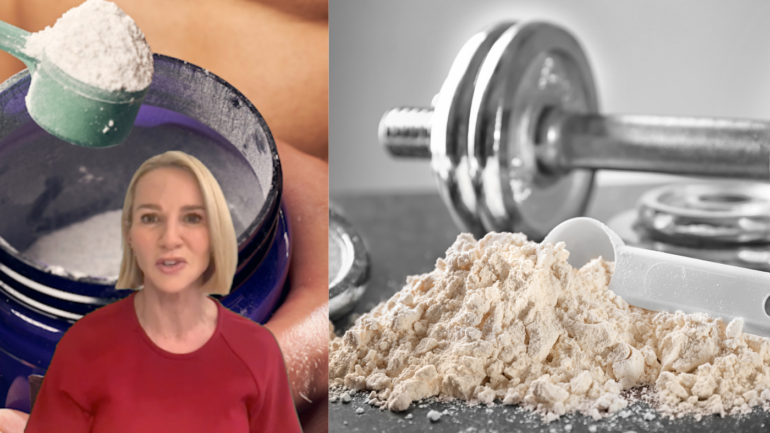Gone are the days where only gym junkies invested in protein powder. Nowadays, both the young and old are taking it and the booming demand has seen products land in supermarkets, chemists, health food stores and online retailers.
But did you know in Australia, the protein powder industry is mostly unregulated? While marketing provides clues to what a consumer is looking for, whether it’s weight management, muscle gain, nutrition or recovery, it can be a wild west when it comes to quality control.
Research has shown some products have potentially toxic or illicit unlisted ingredients like heavy metals, pesticides and other potentially toxic contaminants.
So, how can you make an informed choice when it comes to protein powders? Which ones are good and which ones should be avoided?
If people are seeing really significant results, simply by adding a protein powder into their diet, that’s a bit of a red flag that perhaps theres something in there that shouldn’t be in there that’s helping with those results.
Bethanie Allanson, Sports Dietitian
On today’s episode of The Briefing, Katrina Blowers is joined by sports dietitian Bethanie Allanson to break down why the ingredients list might not match up with whats inside your tub of protein.
